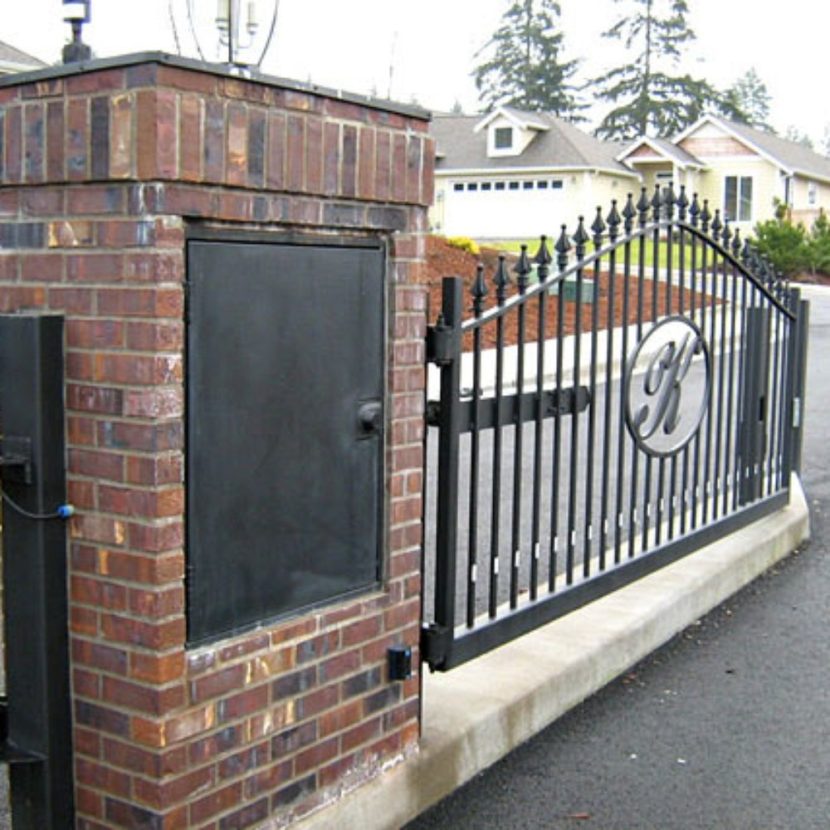QS Fencing, a Vancouver-based fencing company, has released valuable information for property owners considering chain link fence installation on challenging landscapes. The company’s recent article addresses the complexities involved in erecting fences on rocky or uneven terrain, providing insights that could prove crucial for both residential and commercial projects in the region. The importance of […]


QS Fencing, a Vancouver-based fencing company, has released valuable information for property owners considering chain link fence installation on challenging landscapes. The company’s recent article addresses the complexities involved in erecting fences on rocky or uneven terrain, providing insights that could prove crucial for both residential and commercial projects in the region.
The importance of thorough site assessment is emphasized as a critical first step in the fence installation process. Evaluating the terrain’s characteristics, including rock density, soil consistency, and overall topography, is vital for determining the appropriate tools and techniques required for a stable and long-lasting fence installation.
Installing chain link fences on rocky terrain presents unique challenges that differ significantly from installations on flat, soft soil. The difficulty in digging post holes on hard, uneven ground often necessitates the use of specialized equipment such as pneumatic or hydraulic rock drills. This additional complexity can extend the installation timeline and potentially impact overall costs.
Despite these challenges, QS Fencing points out that advancements in fencing technology and techniques have made it possible to overcome such difficulties efficiently. The use of rock augers or expanding rock anchors is suggested as a reliable solution to minimize labor and maximize installation effectiveness.
The article also highlights the benefits of choosing chain link fences for rough terrain. Their durability and flexibility make them particularly suitable for withstanding severe weather conditions and the strain of uneven ground without compromising structural integrity. Additionally, chain link fences are often more cost-effective compared to other fencing options, as they require less material overhead and can adapt more easily to irregular landscapes.
Security and functionality are other key advantages of chain link fences. They effectively secure boundaries and deter trespassers while maintaining visibility, which can be crucial for commercial properties or large backyards in rugged regions.
Long-term maintenance and care for chain link fences installed on rough terrain are also addressed. While these fences are generally low maintenance, regular inspections are recommended to ensure they remain secure and free of damage. Special attention should be paid to areas where rock movement might affect stability, with prompt addressing of any shifts to prevent structural failure.
For property owners in Vancouver and surrounding areas, including West Vancouver, North Vancouver, Burnaby, New Westminster, Coquitlam, Port Coquitlam, Port Moody, Maple Ridge, Richmond, Surrey, and Delta, BC, this information provides valuable guidance in making informed decisions about fencing solutions for challenging terrains.
The insights shared by QS Fencing underscore the importance of professional expertise in navigating the complexities of fence installation on difficult landscapes. As urban development continues to expand into areas with varied topography, the demand for robust and adaptable fencing solutions is likely to increase. Property owners and developers alike can benefit from understanding the nuances of installing chain link fences in these conditions, ensuring the security and aesthetic appeal of their properties while managing potential challenges effectively.














